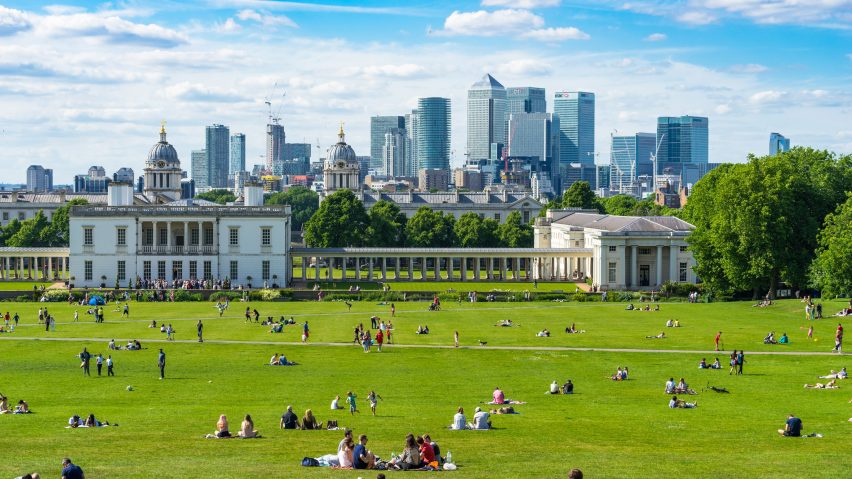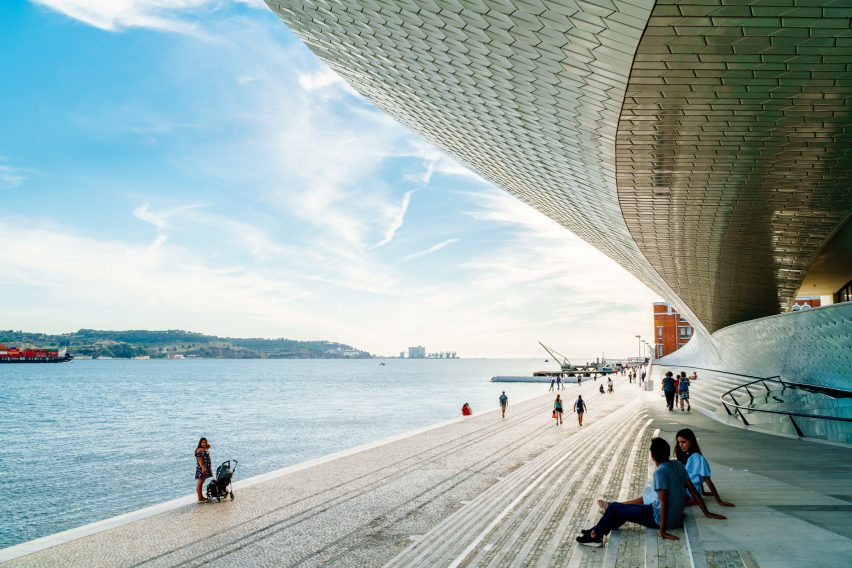
IE School of Architecture and Design’s Real Estate Development master's degree gives students an advanced understanding of property
Promotion: IE School of Architecture and Design offers a Real Estate Development master's degree with a holistic approach, which intends to give students an advanced understanding of business and property.
The course includes fundamentals in the strategic, economic, financial and legal aspects of real estate development throughout the world and is "aimed at understanding the breadth and depth of the development process".
According to IE University, the master's degree enables students to develop a "holistic vision" including an advanced understanding of market trends while focusing on environmental commitment, innovation and technology.
"The best management profiles all have a broad, comprehensive and holistic vision," said course director Carolina Gonzalez Vives.
"These professionals not only grasp the financial aspects, but are also in touch with the world and how it's changing in terms of lifestyles, environmental conditions and material resources."

González-Vives points to four specific ways in which the course will add value to a career in real estate development in comparison to other business schools.
This includes enhancing students' management profiles, where students gain a framework in understanding real estate development in an ever-changing world; grasping the fundamentals of development where students gain the skills needed to visualise projects from start to finish while also focusing on small details; and staying up-to-date on industry trends.
According to González-Vives, studying the degree enables students to analyse, predict and respond to cutting-edge industry trends.
González-Vives also says that user choices and preference have revealed the growing demand for higher quality built environments in addition to green spaces. For example, due to lifestyle changes such as remote working increasing, people are now choosing to live based on their lifestyle, not distance needs.
Studying at the school will keep students on the "cutting-edge of industry trends like these and more", which González-Vives says is essential to get ahead investments and operations.
"The cities of tomorrow will look much different from what we are used to," said González-Vives. "As we create more sustainable cities, we are modernising their designs and redefining how we see urban life."

González-Vives highlights that in light of urbanisation and global warming, students must be able to acquire up-to-date knowledge, use new tools and have an integrated view of the various factors involved in real estate development to become leading professionals of the future.
“From IE Master in Real Estate Development, our objective and our commitment to society is to speed up the process of change, to make it possible, to displace obsolete ways of doing things and put the construction of our cities in the hands of new generation of professionals, with projects that add value, that contribute to growth and generate better conditions for everyone," said González-Vives.
"We will always be on the side of value generation, contribution to progress and improvement, with the aim to raise our voice and have a decisive influence on the most relevant social issues."

The course also aims to help students grasp the fundamentals of development by offering a wider scope than competing schools, including analysing the entire process of real estate development "from the drawing board to construction, operation and beyond".
"It will leave you with the ability to visualise projects from start to finish—an in-demand skill with today's leading employers," continued González-Vives.
IE School of Architecture and Design works collaboratively with our other schools such as business, science and technology, public affairs and economics and law.
It covers a wide field of knowledge related with cities and design at all scales, with "a sharp approach, latest technologies and with the most innovative procedures".
Students undertaking the IE School of Architecture and Design's Masters in Real Estate Development can study the course full-time in 10 months or part-time in 15 months.
Intakes for the Masters in Real Estate Development programs begin in October each year.
To learn more about the course visit its website.
Partnership content
This article was written by Dezeen for IE University as part of a partnership. Find out more about Dezeen partnership content here.